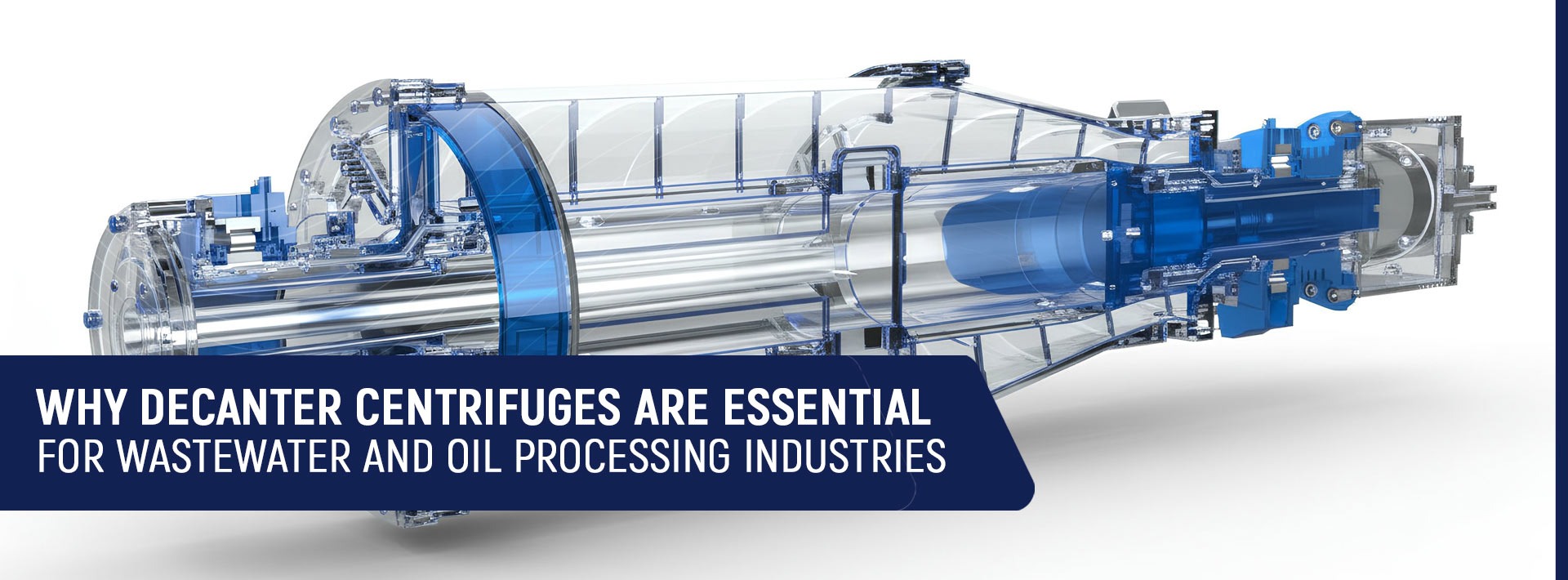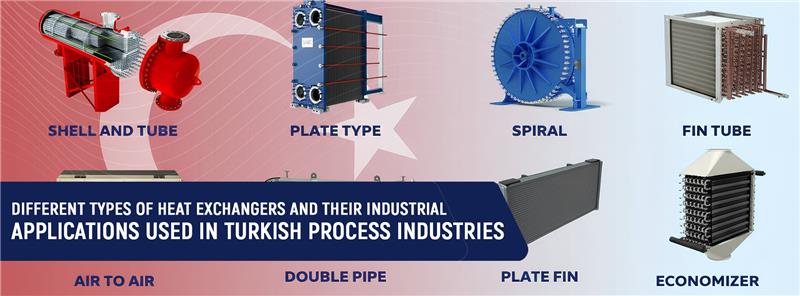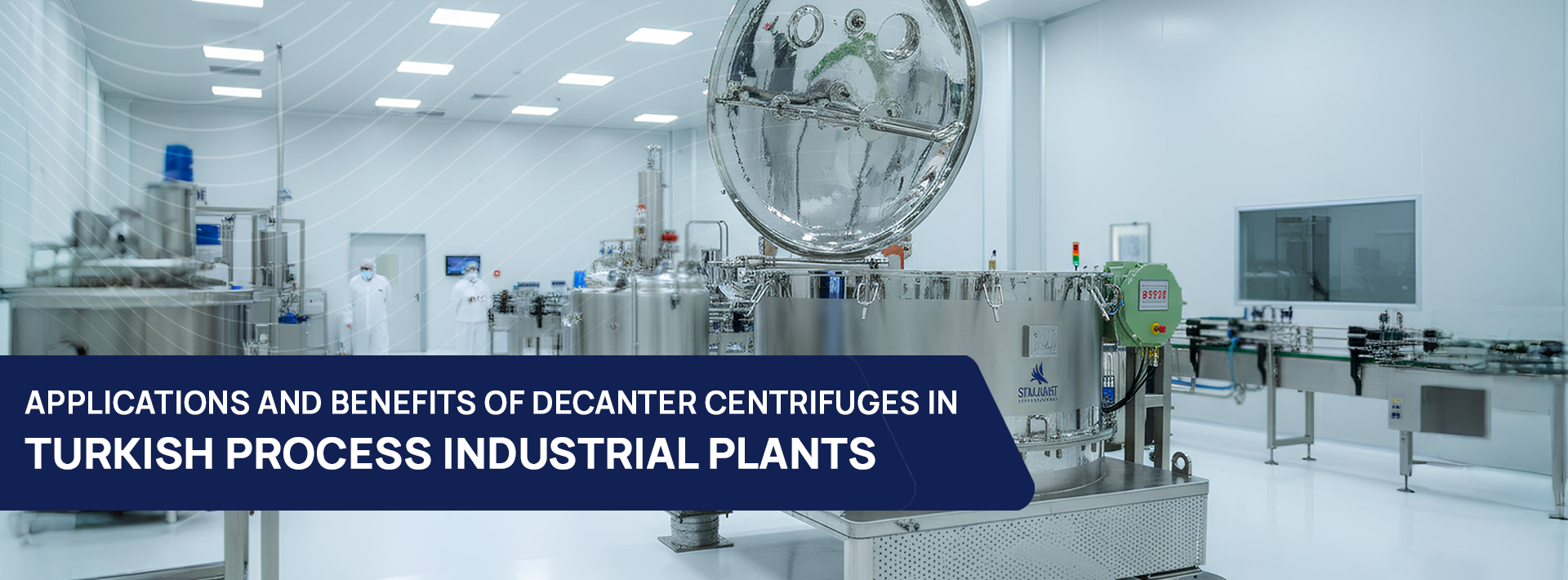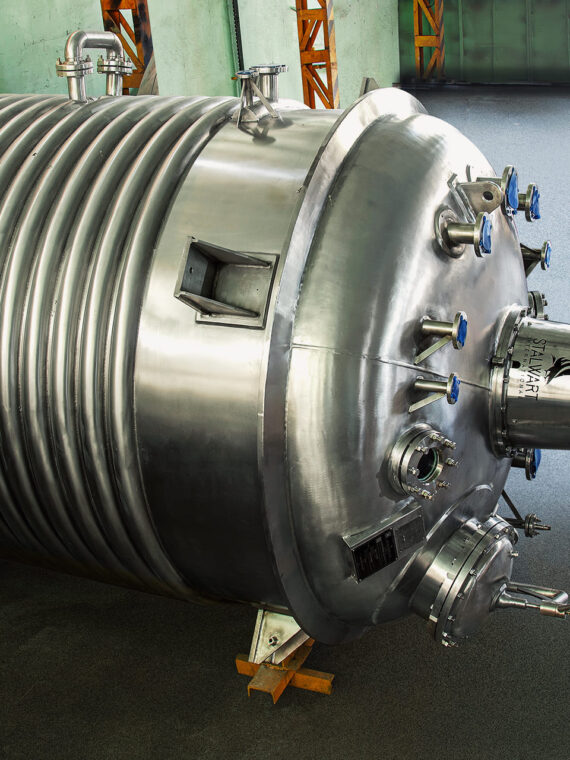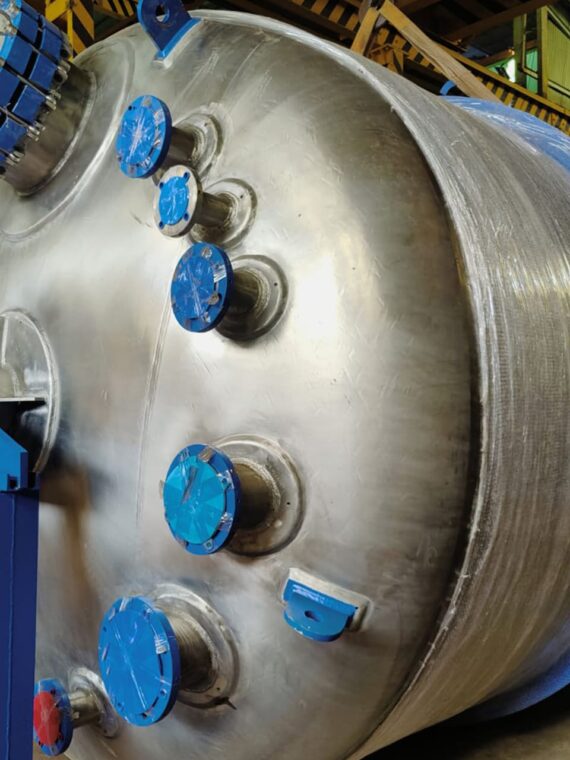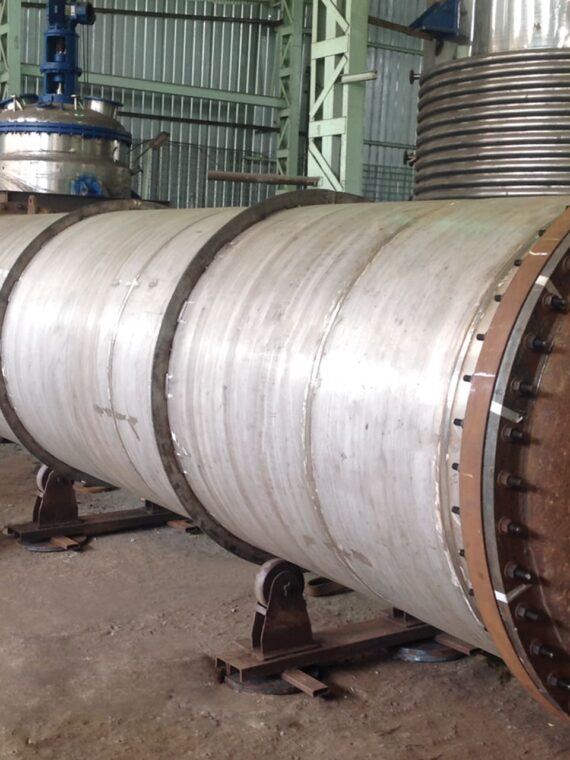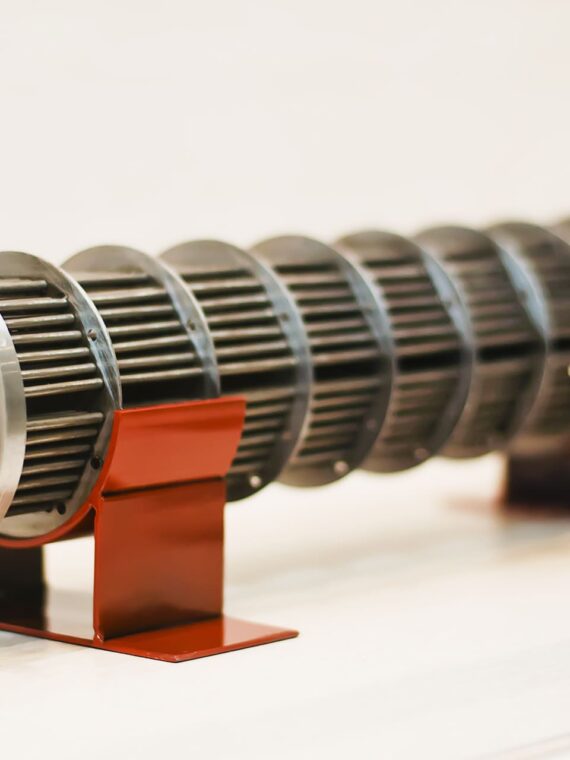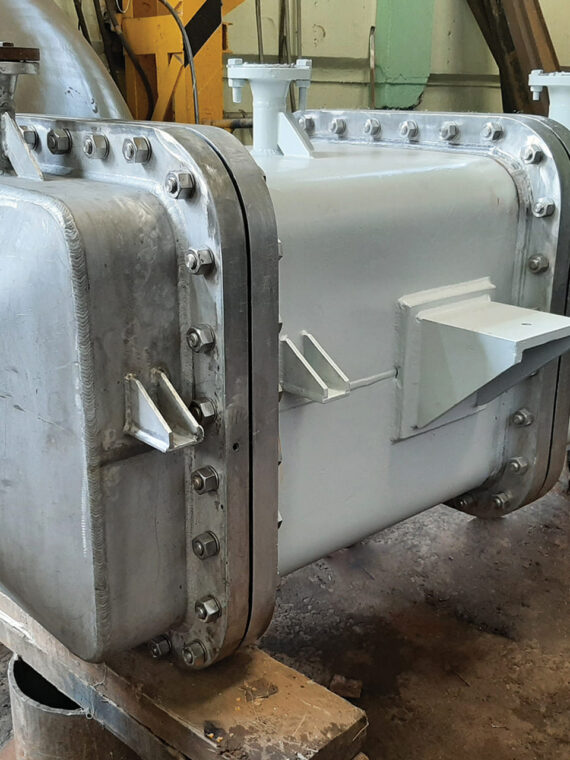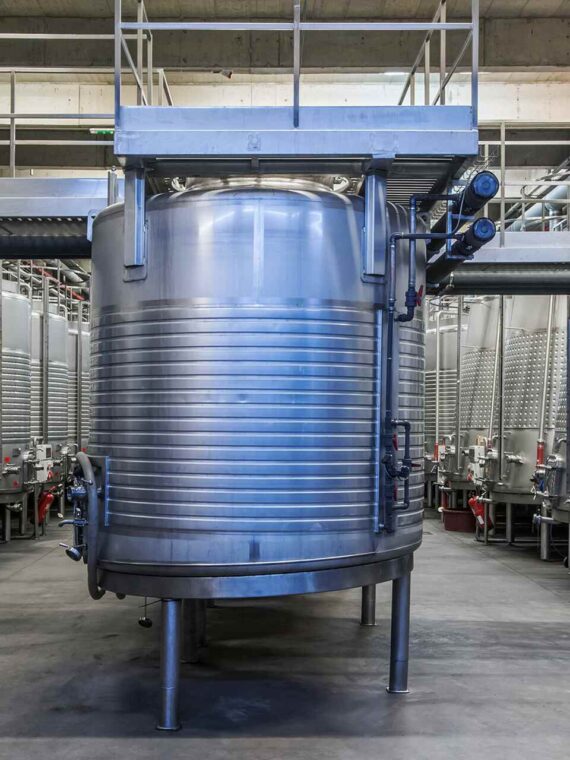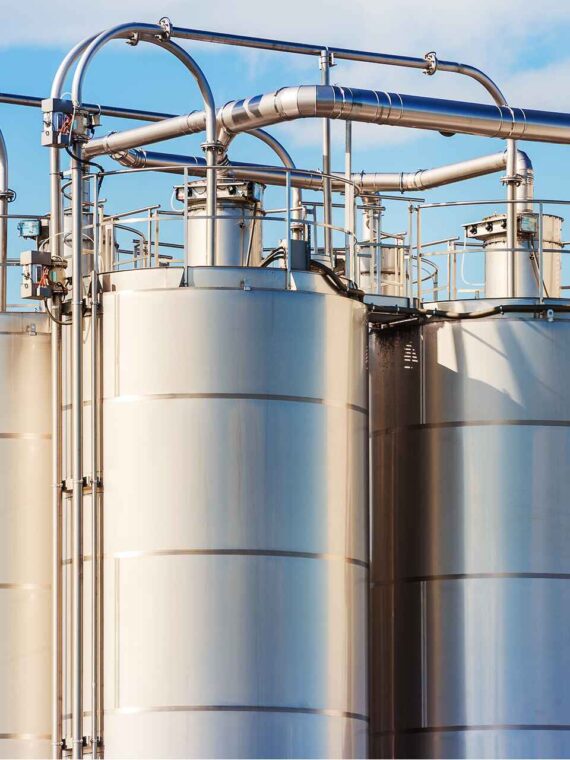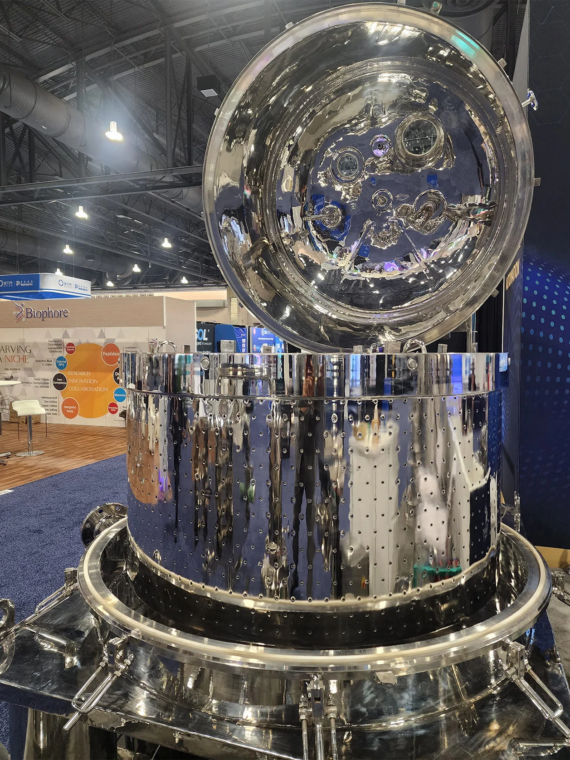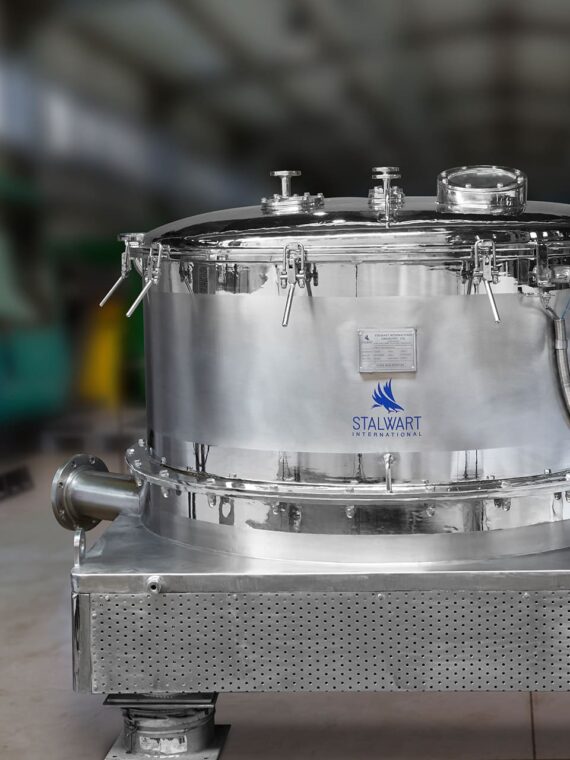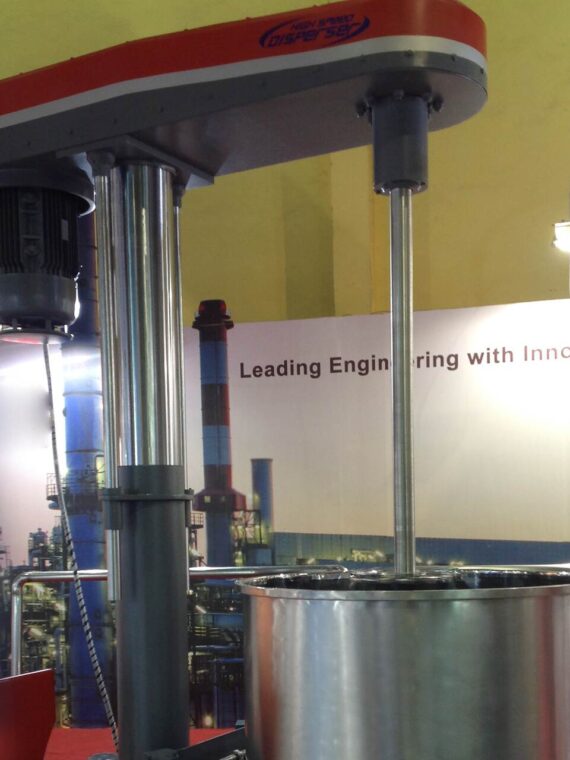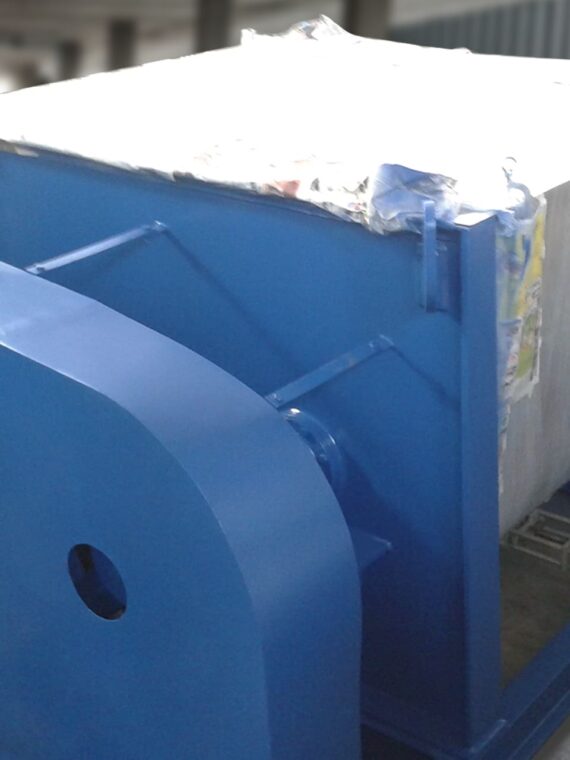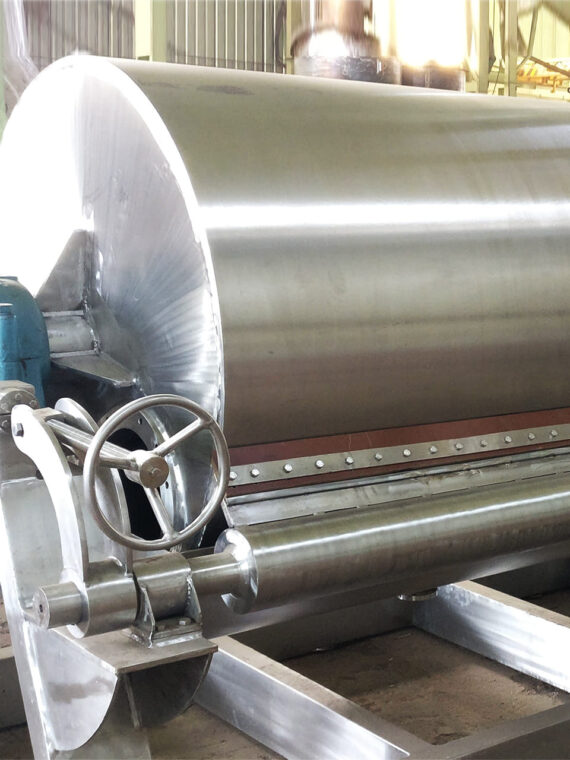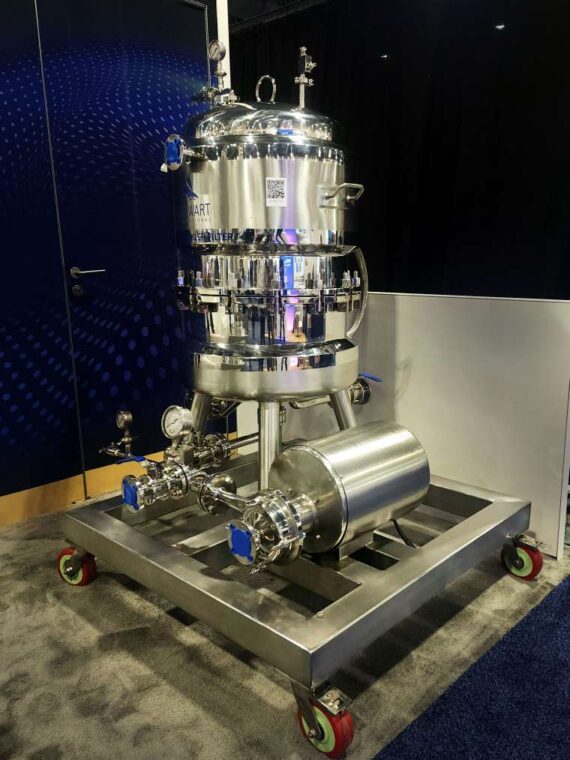Condensers are essential in primary sectors such as chemical, pharmaceutical, power generation, oil and gas production, and manufacturing. A condenser transforms the vaporized working fluid into a liquid using cooling water or air.
In simpler terms, condensers can be defined as cooling devices that work in three phases: de-superheating, condensation, and sub-cooling. It can even be referred to as a heat exchanger as it condenses gaseous substances into a liquid state by cooling them. In this process, latent heat is liberated from the substance stored in the condenser and used in different industrial processes to repel heat.
Stalwart International has been developing and constructing superior condensers for more than four decades as one of the top industrial condenser manufacturers in India. As a skilled expert in designing and manufacturing customized condensers, they can come in different types and sizes, but usually, condensers are of three main types. Let’s understand which one of them fits your business requirements perfectly.
Importance of Condensers
In numerous industries, condensers are indispensable for the recovery of thermal energy that would be lost otherwise. Condensers in HVAC systems facilitate efficient and comfortable cooling through heat removal from refrigerant vapour. Condensers are critical in power plants as they transform steam into water, enabling reuse and finalizing the Rankine cycle.
Industrial condenser manufacturers develop condensers equally crucial in industrial processes such as chemical, pharmaceutical, petrochemical production, oil refinement, and manufacturing, where volatile compounds are recovered for reuse. The conversion of vapours to liquids results in enhanced thermal efficiency and substantial energy conservation.
Tailored solutions provided by dependable condenser suppliers, such as Stalwart International, maximize productivity. By minimizing the discharge of heated water, their high-performance condensers contribute to compliance with emission standards and mitigate environmental impact. Condensers are vital parts of the HVAC, power generation, and process industries, as they contribute to sustainability by increasing efficiencies and recovering energy.
Types of Condensers
Here is the list describing different types of condensers:
Air-Cooled Condensers
The widespread use of air-cooled condensers is attributable to their ease of operation and low maintenance requirements. They extract heat from process fluids or vaporized refrigerant using ambient air as the cooling medium. Electric fans achieve convectional heat dissipation into the atmosphere by passing air over surfaces with finned coils.
Air-cooled condensers are ideal for outdoor applications with limited water resources since they do not utilize water. These are used in chemical, pharmaceutical, gas, oil, HVAC, and electrical industries.
Stalwart International offers a wide selection of air-cooled condensers that work reliably in severe outdoor conditions. Thick, finned aluminium coils are utilized in their condensers to ensure optimal heat transfer and resistance to corrosion.
Durable fans guarantee sustained efficacy. Extensive power facilities can also obtain custom air-cooled condenser arrays from Stalwart. Advanced monitoring and control systems facilitate performance optimization and remote operation.
Water-Cooled Condensers
Water-cooled condensers condense vapours into liquids via a cooling water circuit. These processes utilize water to circulate through a collection of tubes, with the vapour passing through the outer surfaces of the tubes.
The counter-current flow design facilitates an exceptionally effective heat transfer from vapour to water. Cooled condensers by water find widespread application in continuously operating businesses such as the petrochemical and oil refining industries. There are usually three types:
- Double Tube – It comprises a tube of water inside a sizeable refrigerant tube, which absorbs most of the refrigerant heat, and the cooling process is based on natural convection.
- Shell and Coil Condensers – They comprise a welded shell containing a coil of fine water tubing. One of the compact and affordable condensers, the hot refrigerant flows in the shell, and the water inside the coil condenses the hot refrigerant.
- Shell and Tube Condensers – These condensers comprise a cylindrical shell of water tubes. Easy to maintain and cost-effective, it works by pumping the water in a pipe, and refrigerant flows in the shell, allowing for better heat transfer due to installing fins in the pipes.
Stalwart International, one of the leading condenser manufacturers, is well-known for its individualized water-cooled condenser solutions and is renowned for its high quality, energy efficiency, and minimal maintenance requirements over an extended period.
Their condensers offer corrosion-resistant tube and shell materials and novel tube designs that maximize heat transfer. Stalwart also provides skid-mounted condenser packages with integrated compressors and controls for plug-and-play installations.
Evaporative Condensers
Evaporative condensers manufactured by condenser manufacturers utilize a relatively low water flow to condense vapours by combining the principles of heat transfer and evaporation. A portion of the cooling water is evaporated to boost its heat-removal capability.
Their functioning is more ecologically beneficial than air-cooled ones because they conserve water. In addition, evaporative condensers perform exceptionally well in hot and humid climates. As a result, thermal power facilities and petroleum refineries employ them extensively.
Stalwart produces an extensive selection of evaporative condensers to meet various capacity requirements. In addition to minimizing water usage, their designs maximize thermal transfer and water circulation. Materials such as HDG steel and FRP are resistant to corrosion.
Read Also: Industrial Condensers: Properties and Functions Overview
Industries And Applications
Condensers are essential in facilitating operations and procedures in a wide range of industries, including:
Power Generation
Steam condensers are utilized by large power facilities to maximize the efficacy of electricity generation. Condensers condense the exhaust steam from the turbines and recycle it back to the boiler, improving thermal efficiency. Intelligent condenser designs help in reducing the environmental impact of a facility.
Chemical and Petrochemical
In refineries, petrochemical factories, and other chemical facilities, condensers that are designed with high efficiency are indispensable for critical processes. Enhanced heat transfer performance directly influences sustainability metrics, water conservation, and process optimization. The widespread use of evaporative condensers is due to their efficient water usage and high thermal performance.
Cold Storage
High-efficiency and dependable condensers are essential in cold storage and refrigeration facilities, particularly those dealing with frozen products, to sustain consistently low temperatures vital for food preservation and the efficient operation of warehouses. Appropriate condenser selection reduces disruption while satisfying performance requirements.
Pharmaceutical
In pharmaceutical industries, condensers play an important role in facilitating reaction processes and the production of pharmaceutical products. They are used to recover solvents from reaction mixtures. Condensers are an integral part of distillation set-ups as they cool and condense the vaporized component of a mixture. Besides, they are used in solvent extraction and purification processes.
Read Also: Understanding the Role of Steam Condensers in Power Generation
Elevating Industries through Innovative Condenser Solutions
Condensers are of utmost importance in numerous sectors as they facilitate thermal energy recovery and enhance the overall efficiency of processes. For over four decades, Stalwart International, a prominent condensers manufacturer in India, has provided customized, high-quality solutions for process industries, including power generation, oil & gas, petrochemicals, HVAC, and others.
As a result of the range of its product offering, which includes evaporative, water-cooled, and air-cooled condensers, Stalwart International works closely with many companies in different countries. Contact us today to discuss your project specifications and obtain additional information regarding the condensers offered by Stalwart International.
FAQs
What are the main types of condensers?
The three main types of condensers are:
- Air-cooled condensers: Use air to cool and condense vapor.
- Water-cooled condensers: Use water as the cooling medium.
- Evaporative condensers: Combine air and water cooling for more efficiency.
Which type of condenser is most energy-efficient?
Water-cooled and evaporative condensers are generally more energy-efficient than air-cooled ones, but the choice depends on the specific application and environmental conditions.
What factors should I consider when selecting a condenser?
Consider factors like cooling capacity, energy efficiency, environmental conditions, maintenance requirements, and the available cooling medium (air, water, or both).
Can condensers be customized for specific applications?
Yes, many manufacturers offer customized condensers tailored to specific requirements, including size, cooling medium, and operational conditions.
Where can I find professional assistance for condenser installation or maintenance?
Professional HVAC service providers, engineering consultants, and authorized manufacturer representatives can help with condenser installation, maintenance, and troubleshooting.



